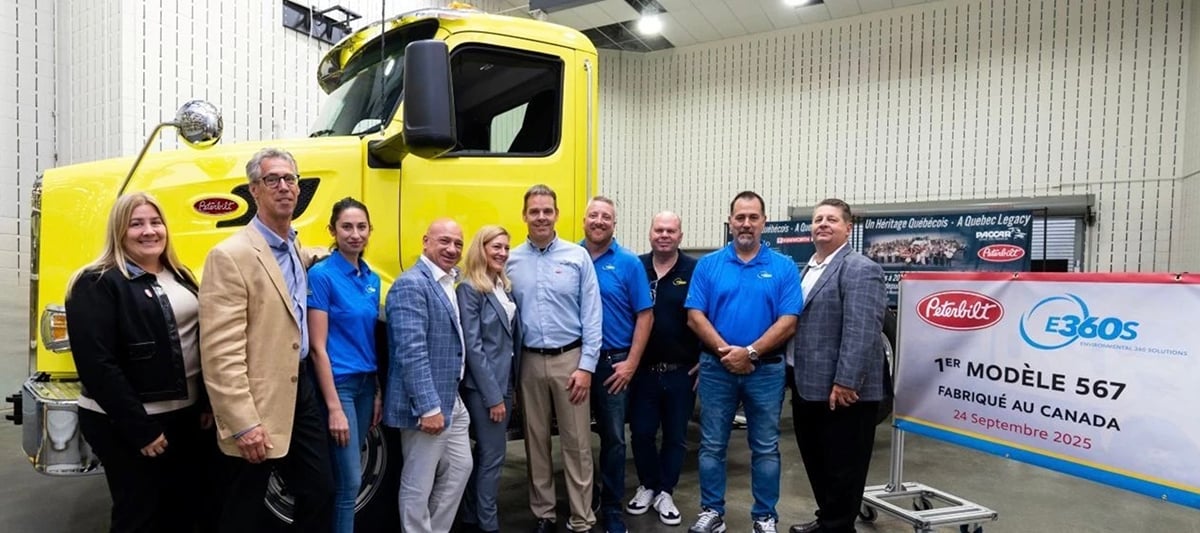The college hopes its new program will show that agricultural careers can also be accessible to urban students
A program for a new bachelor of digital agriculture degree, the first of its kind, has launched at Olds College.
Recruitment and marketing to attract applicants will focus on high school students from urban areas who are nearing graduation, as well as young rural people with a background in farming, said Lisa King, associate dean of teaching and learning at the Alberta college.
“We want to send a message that agriculture in the 21st century especially is accessible to all types of learners, so there’s a strong push to make sure that our programming is accessible for urban learners especially.”
Read Also

Equipment manufacturing may return to Canada
Some ag equipment and automotive manufacturers are now adjusting their production and distribution to avoid tariff costs in relation to supplying the Canadian market.
The four-year undergraduate program aims to address a significant skills gap when it comes to helping the agriculture industry adopt new technologies, said a statement by the college.
“Students will engage in real-world problems and explore solutions using digital agriculture technologies and practices. Graduates will be prepared to lead disruptive change in agriculture with a grounding in multidisciplinary leadership, systems and entrepreneurial thinking, digital agriculture technologies and machinery management, agronomy, and data sciences to realize the social, economic and environmental objectives of sustainability.”
The college began accepting student applications for the program on Oct. 5, said King.
“We’re developing most of the curriculum right now over the next year, with a launch date on campus of September 2023.”
The course will involve students finding creative ways to address the increasingly complex needs of Canadian agriculture that are rapidly changing due to technology, she said. The curriculum will break down those complexities by walking students through different ways of thinking about big problems. They will also take on challenges involving increasing levels of hands-on mastery, said King.
The program will feature an industry internship between the third and fourth year. It will also include what King called a capstone course near the end of the program “where students take a lot of their experience and begin to integrate that into a project in their final year that they can work intensively on.”
The college held a grand opening Oct. 5 for its new $14-million Werklund Agriculture and Technology Centre, which will house the bachelor of digital agriculture degree program. The 3,000-sq.-metre facility includes three large ag tech labs, a lecture theatre and group areas for students.
The college also has a working smart farm that acts as a 2,800-acre living laboratory for high-tech agriculture. More than 50 partnerships have been established between the college and various companies.
King said students in the program will go beyond applying what they’ve learned in the classroom to “being able to understand and work with the data that’s available that we collect from sensors, drones and other types of equipment and technologies that we’re using on the smart farm already.”
The inaugural class will graduate in 2027, she said. The initiative is unique in North America in terms of facilities and design, she added.
“What we really wanted to do was unpack that complexity, as I mentioned, and so by doing that we want to add value to the industry with our graduates.”
















